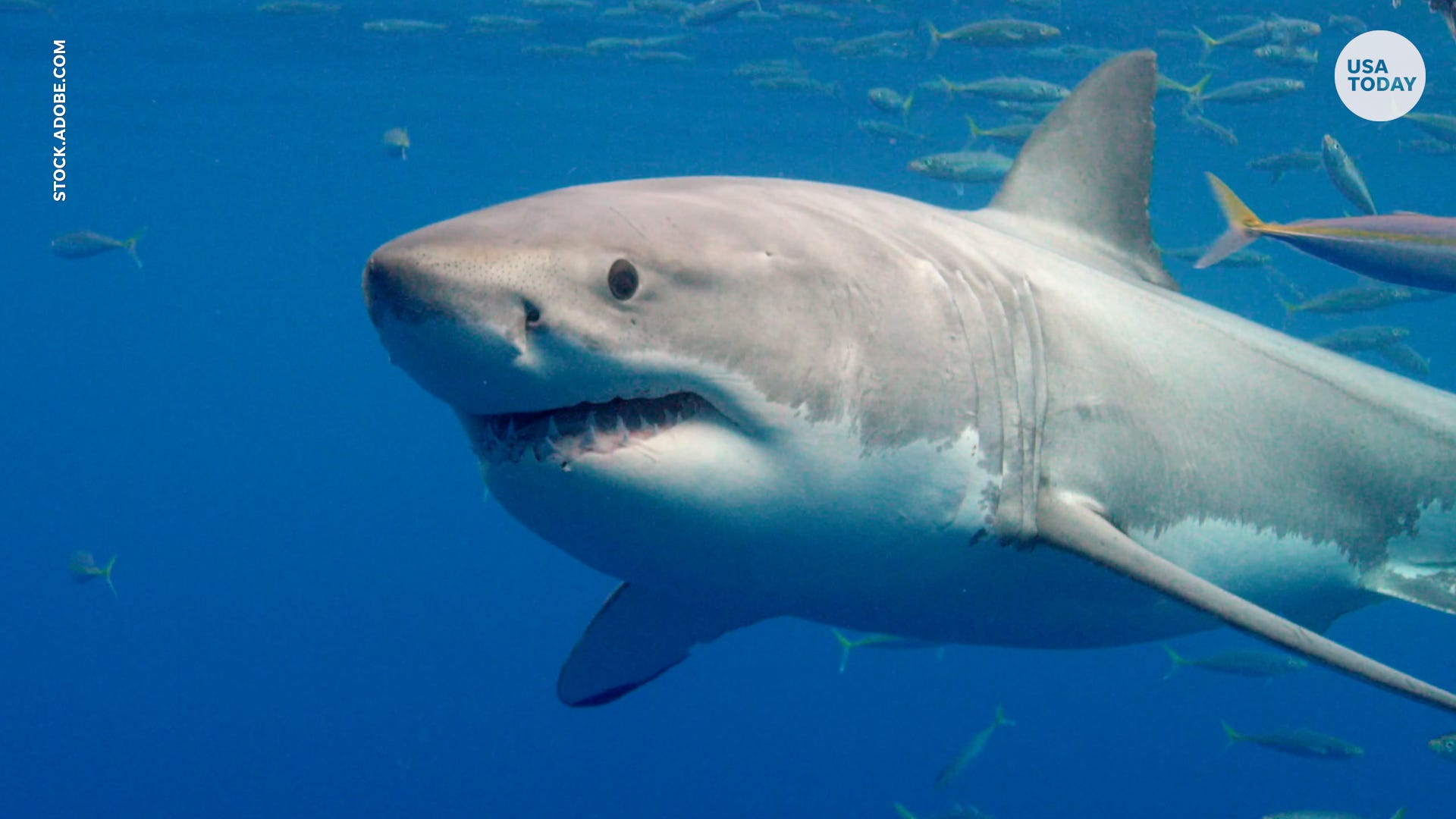What is the fiercest predator species on Earth? Hint: They're crawling everywhere

- Industrialized homo sapiens “exploit” far more species than comparable non-human predators, according to a newly published study.
- We have long been considered a predatory species, but the advancement of hunting and fishing technology, global commercialization, and trade — uniquely human endeavors — have changed interactions.
Earth’s fiercest predators are ... us.
Homo sapiens are the most profound and wide-ranging predators of our time, according to a newly published study analyzing humanity’s “modern day predatory interactions" and the environmental consequences.
Conservation ecologists have seldom considered the predatory behavior of humans despite their profound impact on biodiversity, abundance and co-existing species, according to the study published in Communications Biology.
Advanced fishing and hunting tools, global commercialization and trade have been key.
Fishing boats, for example, have allowed humans "to become a highly efficient marine predator on the open ocean with nets that take advantage of the otherwise adaptive schooling behavior of many fishes,” the study says.
More: Which large animals are involved in the deadliest human attacks? Where do frequent attacks happen?
“In this way, global commerce and trade — uniquely human endeavors — underlie the industrialization of humanity’s relationships with many species across its diverse predatory niche," the study's authors said.
Fishers, hunters and other human collectors prey on up to 300 times more species than comparable fish, sharks, avian and mammalian predators, according to the study scientists, who analyzed the data of roughly 47,000 species.
Only about 55% of the exploited species are killed for food, according to the study.
Patterns observed by researchers “suggest far more species are subject to human-imposed ecological and evolutionary processes than previously considered.” Also, “as overexploited species collapse, new ones are targeted,” the study continued
“Moreover, continued overexploitation will likely bear profound consequences for biodiversity and ecosystem function.”